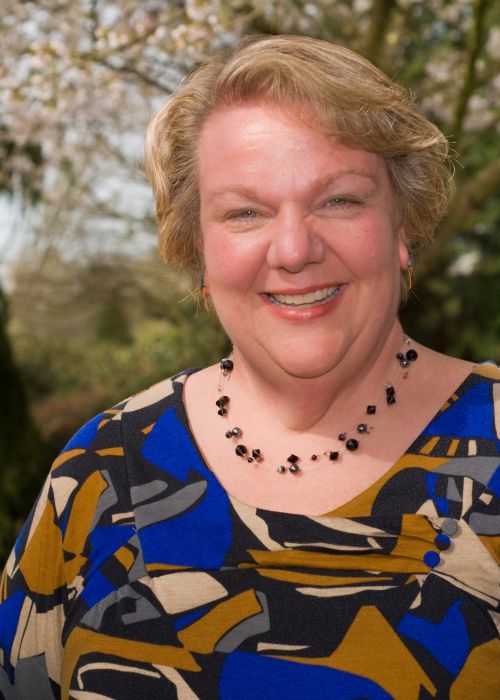Vacation Bible School Inclusion Tips
The VBS curriculum is ordered, the craft supplies are on their way, volunteer sign-up is in full swing, and the flyers are ready for distribution. But have you prepared to welcome children of varied abilities? What happens when a child with Down syndrome or a child who has experienced trauma shows up for your festivities?
As you prepare for your church or ministry’s Vacation Bible School this summer, it’s important to set the table expecting children with varied abilities to show up. Here are a few tips to help you widen your welcome for all kids!
1. Ask for helpful information on your registration form.
Use this opportunity to ask for areas of strength and concern for each child who registers. To prompt parents, share some examples of strengths and struggles common among children. For example:
- What are some of your child’s strengths? (Drawing, writing, encouraging, reading, attitude, social relationships…)
- What are some areas your child struggles with or needs your child has in this environment? (allergies, medical needs, struggles in reading, writing, relating to others, sensory differences, focus and attention…)
2. Have a "break room" set up for kids who need a break from the sensations.
Some children will need a break from the louder sounds, the active movements, and the crowds of people. Consider having a quiet area, visually blocked from the excitement, and stocked with some bean bag chairs, a rocking chair, some books to read, play-dough at a table, and headphones with and without music options for those who choose this area. If some children are frequent visitors, consider asking them what items they might like in that room.
3. Equip volunteers to expect children with varied abilities in their group.
When volunteers arrive with this expectation, the child with Down syndrome is not a surprise but an expected—and fully welcome—participant.
4. Empower leaders with tools to adapt lessons and activities to the needs of their group.
Friendship Ministries has a helpful tool, Adapting the Sessions to the Needs of Your Group, on their website. Although this tool was created for adult small groups, the tips are very useful for all age settings.
5. Stock fidgets and have quick movement ideas ready to go.
Consider having a bin of options in each room that include stress balls, pipe cleaners, fidget pencils, TheraBand, mesh and marble fidgets, and similar items.
6. Provide an online preview or written booklet prior to the first day.
Similar to the ways you might preview the hotel or beach on your vacation, it can be helpful for parents and children to see photos, routines, and expectations of VBS in advance. I encourage you to tweak the ideas for offering a preview from this post for your ministry setting.
7. Have a volunteer buddy on call.
It may be helpful to have a buddy ready to step in beside a child who may need additional support or understanding within a class or activity.
8. Be prepared for varying food needs and allergies.
Offer gluten-free and nut-free options as needed.
9. Offer a pre-visit for any child who may benefit from this option.
Allow parents and children to receive a tour of the space the day or hour before VBS begins.

Barbara J. Newman
Church and School Consultant
Barbara J. Newman (1962-2020) was the Director of Church Services at All Belong. For over 30 years, she endeavored to create communities of inclusion through All Belong. Co-administrating the inclusion program at Zeeland Christian School allowed her to stay on top of best practices which she shared at schools and churches nationwide and in her books and practical resources, including Autism and Your Church, Helping Kids Include Kids with Disabilities, the Inclusion Awareness Kit, Nuts & Bolts of Inclusive Education, and her latest title, Accessible Gospel, Inclusive Worship.
